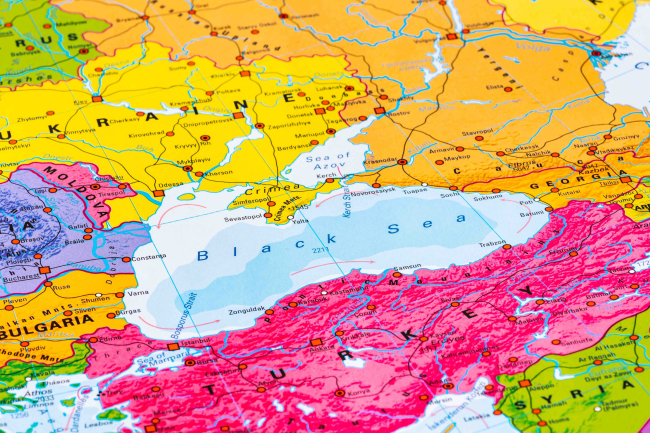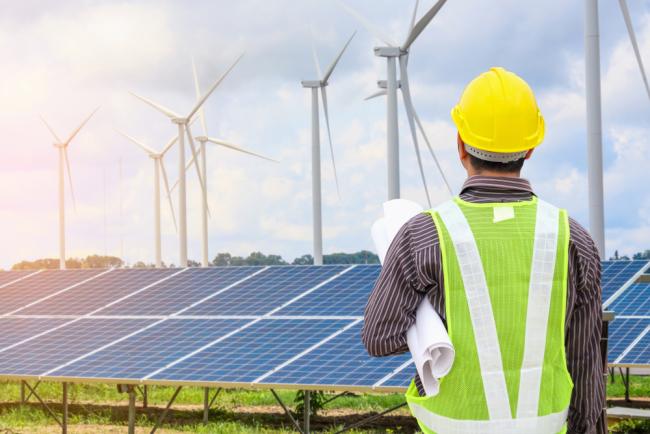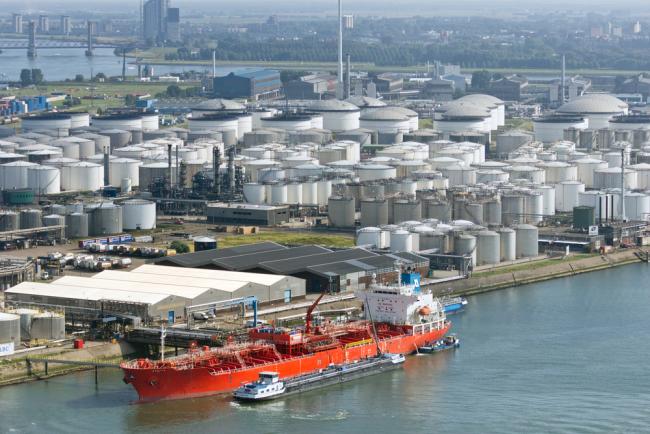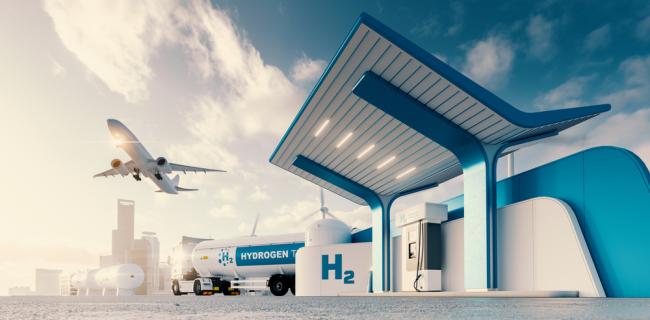
Practical information
The first REPowerEU proposals aimed at reducing Russian gas demand, boosting resilience and decarbonization, call for a hydrogen accelerator with 10 Mt of additional hydrogen imports by 2030 and 5 Mt of additional domestic production, compared to 10 Mt of domestic production planned in the Fit for 55 package.

As plans are being fine-tuned, this webinar aims to discuss prospects for meeting such very ambitious goals: what type of imports could be considered, from where and through what mechanism? What value chain organization in Europe – local, cluster, cross-regional – can ensure the most cost efficient and rapid ramp up of competitive hydrogen and byproducts? Can industrial developments around electrolysers live up the challenge?
Introduction: Marc-Antoine Eyl-Mazzega, Director, Center for Energy & Climate, Ifri
- Cédric Philibert, Associate Fellow, Center for Energy & Climate, Ifri
- Mark Stoelinga, Business Manager Energy & Hydrogen, Port of Rotterdam
- Guy-Cédric Werlings, Head of H2 Strategy and Business Analysis, ENGIE group
- Eric Klein, Vice President Sales Europe, New Energy Business, Siemens Energy
- Aurélie Picart, General Delegate, Comité Stratégique de Filière Nouveaux Systèmes Energétiques
This webinar will be held in english on the Zoom plateform.
Find out more
The EU’s Plan to Scale up Renewables by 2030: Implications for the Power System
The climate and geopolitical crises call for speeding up the implementation of the European Green Deal around two main pillars: reducing energy consumption and investing in low-carbon alternatives. The swift and massive deployment of renewable energies (REN) is a major industrial challenge for the European electricity system.
Saving Energy in a Hurry: Reducing Dependence on Russian Hydrocarbons Requires Resolute Demand and Supply Sides Action
Facing Russia’s aggression on Ukraine, European countries have enacted economic and financial sanctions against Russia.
After the Hydrogen Bubble Bursts: The Factors Shaping and Possibly Unfolding International Hydrogen Value Chains
The laws of physics and the geographic realities will prevail over the myths of hydrogen (H2): it will essentially be delivering carbon-neutral feedstocks to the chemical and steelmaking industries, carbon-neutral fuels to shipping and aviation, and eventually ensuring security in fully decarbonized power grids.
Other events

Affirming European Security in Ukraine and the Black Sea Region
European security has been challenged in 2022 with the full-fledged invasion of Ukraine by the Russian Federation.

Post-war Europe: How to Redefine a Security Architecture Within a New Transatlantic Framework?
A new European security architecture has to be built. The question is: will this happen with or without Europe? The US President, Donald Trump, who returned to the White House a little more than two months ago, and the President of the Russian Federation, Vladimir Putin, have initiated talks to put an end to the war in Ukraine, with the possibility of Ukraine ceding territory to Russia being raised.

Doing Politics in African Cities: Actors, Causes and Forms of Urban Social Mobilization
From Maputo to Nairobi and from Lagos to Dakar: recently, African cities have been the theatre of mobilizations by groups of young protesters.











